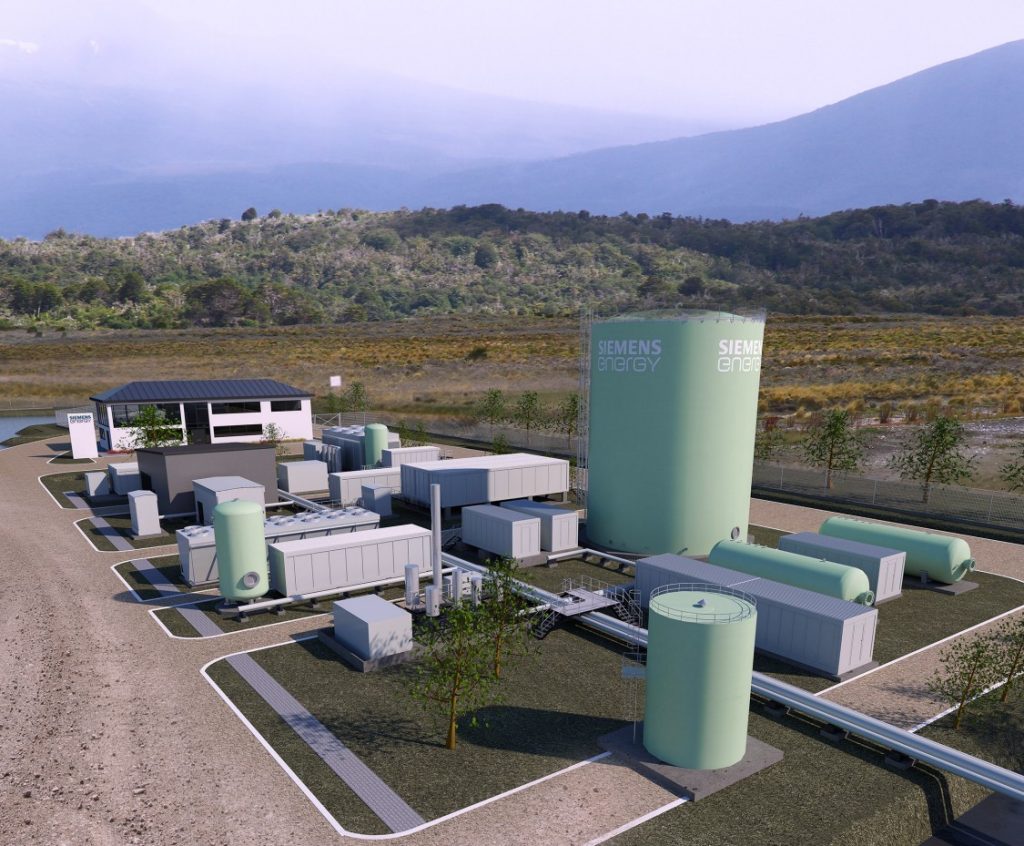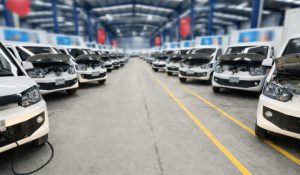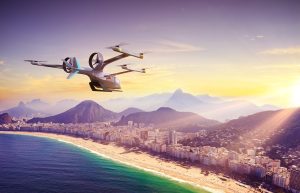
Porsche Inaugurates e-fuels Plant in Chile

The support of the public sector is playing a crucial role in the promotion of electromobility in Chile. Although there are many challenges to overcome, incentives and policies in this area are opening doors for private companies and prestigious automotive manufacturers.
This week, with the presence of the Chilean Minister of Energy, Diego Pardow, the Haru Oni pilot plant for the production of clean fuels was officially inaugurated.
Porsche and international partners working in collaboration with the Chilean company Highly Innovative Fuels (HIF) began the industrial production of synthetic fuels or e-fuels.
At the inauguration ceremony, Barbara Frenkel and Michael Steiner, members of the Board of Management of Porsche AG, the former responsible for Purchasing and the latter for Research and Development, refueled a Porsche 911 with the first liters of synthetic fuel produced at the facility.
Read also: Cabify Announces €82 Million Investment to Purchase 1,400 Electric Vehicles
Fuel Benefits
According to the Inside Evs portal, e-fuels made from water and carbon dioxide with the help of wind power enable the almost CO2-neutral operation of gasoline engines.
Against this backdrop, Frenkel explained that Porsche’s commitment to alternative energy is twofold: electric mobility complemented by synthetic fuels that reduce carbon dioxide emissions to a minimum.
“Considering the size of the global car fleet, the industrial production of synthetic fuels must be further boosted worldwide. With the e-fuels pilot plant, Porsche is playing a leading role in this development,” she stressed.
She said that there are currently more than 1.3 billion vehicles with combustion engines worldwide and many of them will continue to run for decades, which is why e-fuels offer the owners of these cars an almost carbon-neutral alternative.
For his part, Steiner emphasized that as a manufacturer of efficient, high-performance engines, Porsche has extensive knowledge in the field of fuels.
Projections
Porsche estimates that in the pilot phase it is planned to produce around 130,000 liters of e-fuels per year. Initially, the fuel will be used in small-scale but very significant projects, including the Porsche Mobil 1 Supercup races and the refueling of Porsche Experience Center cars.
After the test phase, the first expansion in Chile, scheduled for the middle of the decade, will increase production to 55 million liters per year.
Some two years later, capacity is expected to be 550 million liters. It is worth noting that southern Chile offers ideal conditions for the production of synthetic fuels, as the wind blows about 270 days a year, allowing the wind turbines to operate at full capacity.





